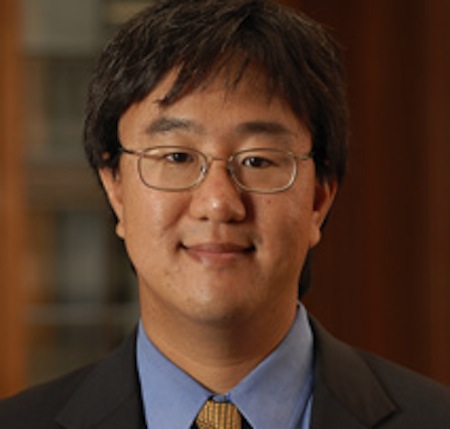Brooklyn law school prepares for new bar exam subject

park_james.jpg
The bar exam is a grueling two days of intensive test-taking. Most applicants spend three months or more agonizing over case law and statutes. Now, the National Conference of Bar Examiners (NCBE) has added an additional subject to the multi-state portion of the bar exam.
Beginning in 2015, civil procedure will now be tested on the MBE. Every lawyer-to-be, regardless of the state (with the exception of Louisiana), must take the 200 multiple-choice MBE, which generally tests six subjects: Contracts, Criminal Law and Procedure, Constitutional Law, Evidence, Real Property and Torts.
After almost forty years of not altering the subject matters, the NCBE has decided to introduce one more.
